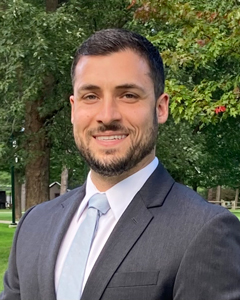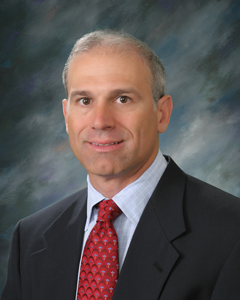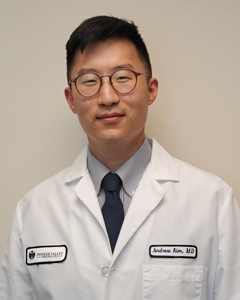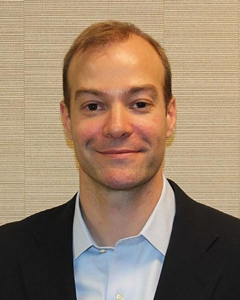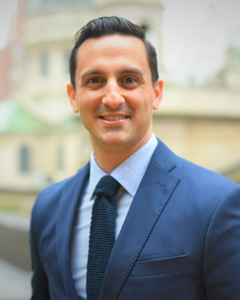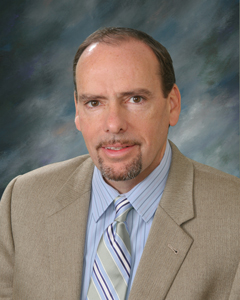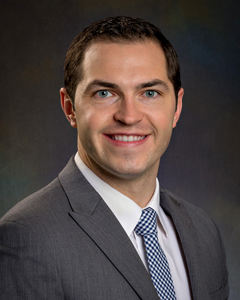Benign Prostatic Hyperplasia Treatment
Benign Prostatic Hyperplasia, also known as BPH, is an enlarged prostate that commonly causes urinary problems in men over the age of 50. It is a common condition that occurs as men age, causing the gland to press against the urethra and cause problems with urination. After BPH is diagnosed, a treatment plan is created based on the patient's specific condition.
Treatment of Benign Prostatic Hyperplasia
Treatment for benign prostatic hyperplasia may vary depending on the severity of the condition. There are various treatment options available for this condition.
Monitoring
Patients with mild symptoms may only need to monitor their condition for signs that it is worsening, while more severe cases may require medication to inhibit hormone production or relax the muscle in the prostate.
Medication
Two common types of medication for benign prostatic hyperplasia are:
Alpha Blockers
Alpha blockers relax the muscles in the bladder and prostate. They can help improve urine flow and reduce risk of bladder obstruction. They are often prescribed to men with smaller prostates.
5-Alpha Reductase Inhibitors
5-alpha reductase inhibitors block the male hormone that stimulates the prostate. These drugs are generally prescribed to men with significantly enlarged prostates or severe cases of benign prostatic hyperplasia. In addition to relieving symptoms, they increase urinary flow and may even help shrink the prostate.
Surgery
In some cases, surgery may be required to remove the prostate tissue that is blocking the flow of urine. There are several different surgical procedures available for treating benign prostatic hyperplasia, including:
Transurethral Surgery
Transurethral resection of the prostate is a surgery with no external incisions. A modified cystoscope called a resectoscope is inserted through the urethra and uses an electrical wire loop that cuts tissue away from the center of the enlarged prostate.
Transurethral Resection of the Prostate (TURP)
TURP is a common procedure for treating BPH where a resectoscope is inserted through the urethra to remove excess prostate tissue. This helps to relieve urinary obstruction and improve flow. The surgery is performed under general anesthesia and typically requires placement of a urethral catheter for 1-3 days following the surgery. Most patients will be able to go home the same day, but this will be decided by your surgeon. TURP is effective for most men with BPH who fail medical therapy or prefer to avoid long-term use of medication. Approximately 90% of men who have a TURP operation will not require further medical therapy or surgery for BPH during their lifetime.
Transurethral Vaporization of the Prostate
TUVP is similar to the TURP, except an electrical diode is used to ablate tissue rather than resect it. This typically results in less bleeding during the operation. TUVP is a good option for men with small to medium sized prostates, or men on blood-thinning medications who cannot easily stop without increased risk.
REZUM
The REZUM procedure uses thermal energy from steam to ablate and shrink excess prostate tissue. The steam is delivered via a cystoscope inserted through the urethra, targeting specific areas of the prostate. This minimally invasive approach often results in a shorter recovery time and less risk of side effects compared to more invasive surgeries. REZUM does not require general anesthesia. It is suitable for patients with moderate to severe symptoms and a relatively smaller prostate. Most men require placement of a urethral catheter for a few days after the surgery.
Learn More About REZUMUroLift
UroLift involves placing small implants through the urethra to lift and hold enlarged prostate tissue away from the urethra. This procedure is minimally invasive and does not require cutting or removal of prostate tissue, thus reducing recovery time and preserving sexual function. Most men do not require placement of a urethral catheter. UroLift is typically recommended for patients with moderate to severe symptoms and offers a quick return to normal activities. It has a low risk of complications and is well-tolerated by most patients. There is an added benefit of preserving ejaculation and all sexual function - an excellent option for men who want to maintain fertility.
Learn More About UroLiftRobotic Simple Prostatectomy
This specialized surgery utilizes the DaVinci Xi Robotic platform to enucleate the prostate, removing the entire obstructing portion of the prostate without disturbing the capsule. This technique preserves sexual and urinary function. The robotic system provides precision and minimally invasive access, which can lead to less postoperative pain and quicker recovery. It is generally reserved for patients with very large prostates or those who have not responded to other treatments. The procedure requires general anesthesia, one night hospital stay and a catheter for 7 days. The specially trained robotic surgeons at PVU have extensive experience with this operation and perform a higher volume than any other practice in New England.
Here you can see an instructional video of the surgery performed and narrated by Dr. Berkenwald from Pioneer Valley Urology:
Robotic Simple Prostatectomy
Surgery for benign prostatic hyperplasia usually provides effective results for at least fifteen years. Patients should continue to have rectal and prostate exams once a year and should see their doctor at the first sign of recurring symptoms.
There are a wide range of treatment options available for benign prostatic hyperplasia and if treated promptly and effectively, patients can live relatively normal lives.


